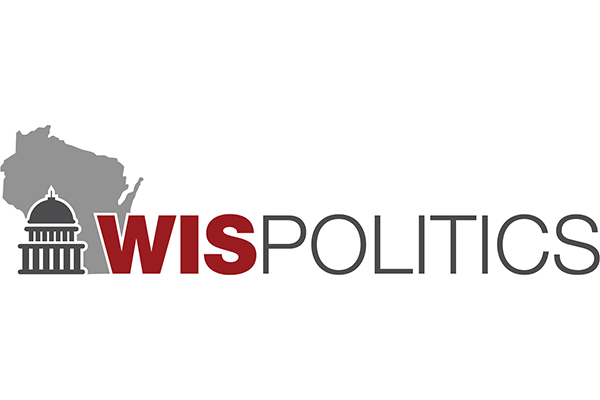News flash!
Democratic Gov. Tony Evers and GOP Assembly Speaker Robin Vos agree on something.
Don’t get too excited. This relates to an earlier column on a legal challenge to the state’s school choice system.
WisPolitics.com recently reported that Vos and the Evers administration — two parties often at loggerheads politically — are both urging the state Supreme Court to reject the challenge to the state’s school choice system and instead require the case to go through the lower courts first.
The private attorney for Vos, R-Rochester, and the state Department of Justice, representing Administration Secretary Kathy Blumenfeld, both argued in briefs to the court that there is no exceptional circumstance that would justify the justices skipping the lower courts to weigh the constitutionality of a program that’s been in place for more than three decades.
In its brief, DOJ noted the “factually intense nature” of the challenge, writing it includes more than 40 pages of assertions about the state’s school funding system, the quality of private schools in the voucher program and other issues.
“This is not the type of matter appropriate for this Court’s exercise of its original jurisdiction,” DOJ wrote. “These factual questions ‘should be first presented to’ a circuit court.”
Minocqua Brewing Co. owner Kirk Bangstad this fall announced the petition for original action asking the state Supreme Court to hear the case directly. Along with claiming the choice program diverts resources from public schools in violation of the state constitution, the suit challenges the state’s funding system for schools.
The suit names Vos and Blumenfeld as defendants, along with Department of Public Instruction Superintendent Jill Underly. She took no position in her filing with the court after the justices asked the parties to weigh in on whether it should take the case directly.
Vos’ attorney called the claims “meritless.” He noted the Legislature approved the program 33 years ago and the state Supreme Court previously upheld the program 31 years ago.
“The Petition points to no breaking developments of fact or law that create any exigency with the programs now–let alone one that requires resolution by June 2024, as Petitioners request,” the brief argues.
–For more, go to www.wispolitics.com

